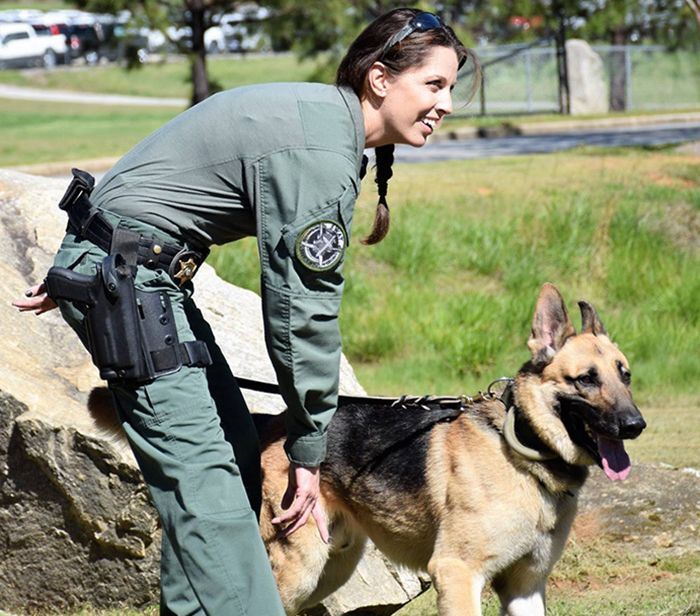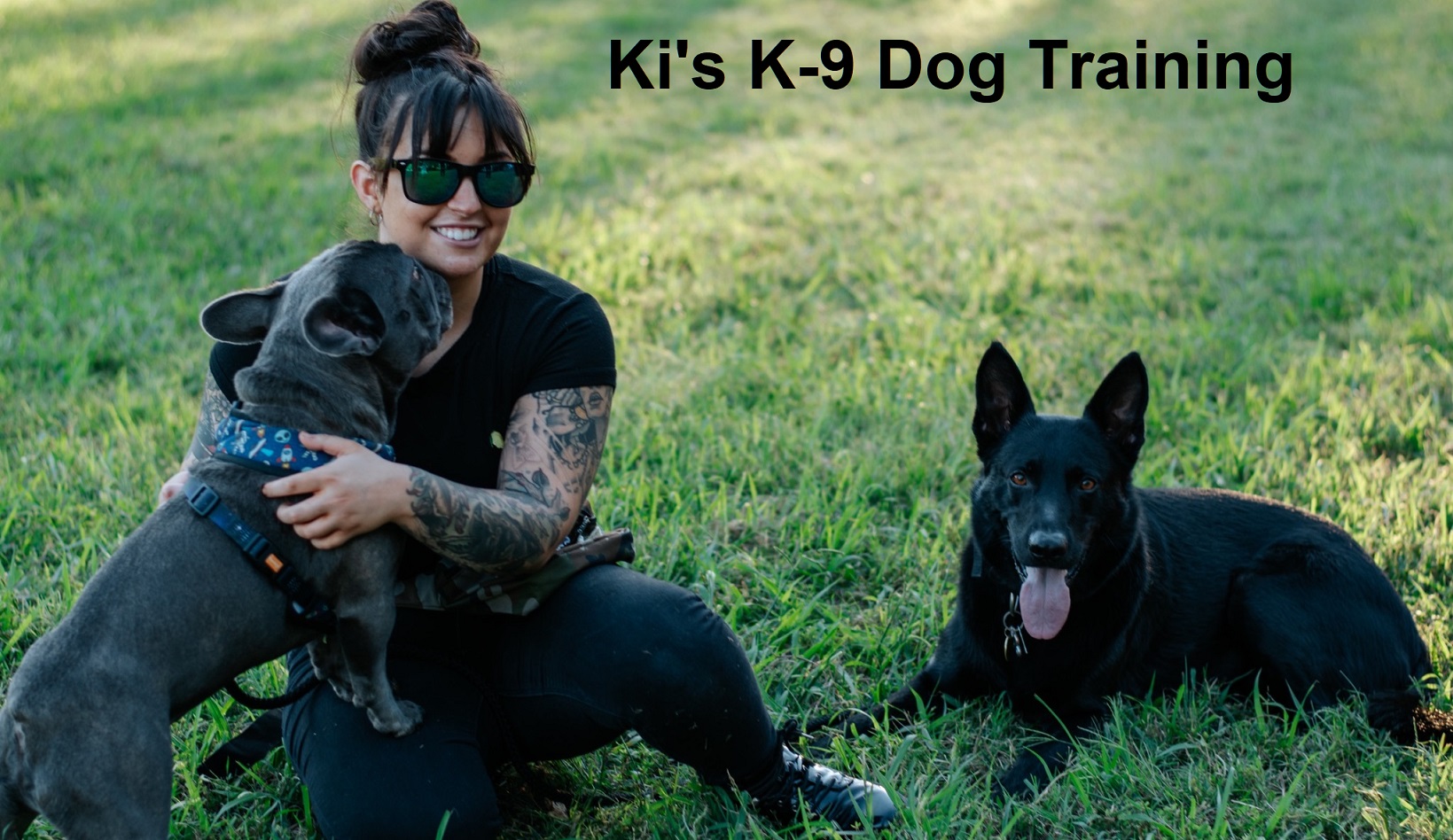In-depth obedience training at Ohana K9 Academy for all dogs.
In-depth obedience training at Ohana K9 Academy for all dogs.
Blog Article
Necessary Canine Educating Techniques for a Life Time of Good Habits
Efficient canine training is foundational to cultivating a well-behaved friend that enhances our lives. Necessary techniques, such as positive reinforcement and consistent command training, not just improve obedience however also strengthen the bond between proprietor and family pet. Recognizing canine habits and employing socialization approaches can prevent potential concerns prior to they develop. However, the journey does not end with standard commands; addressing behavioral challenges requires a nuanced strategy that several neglect. What are the important components that can transform your training experience and make sure long-term results?
Understanding Canine Actions

In addition, comprehending the inherent reactions and drives of a dog-- such as victim drive, social communications, and territorial behaviors-- makes it possible for fitness instructors to anticipate and take care of specific actions. As an example, a pet dog with a strong victim drive may need different methods than one that is extra socially inclined.
Additionally, very early socializing and direct exposure to different atmospheres significantly influence a pet dog's habits and personality. Positive experiences throughout vital developmental periods can lead to well-adjusted adult pets, whereas adverse experiences might lead to anxiety or aggressiveness.
Favorable Reinforcement Techniques
Among the numerous pet training methods, favorable support techniques stick out for their performance and ability to enhance the bond in between canine and instructor (Ohana K9 Academy). This approach stresses satisfying wanted actions rather than punishing undesirable ones, fostering a more participating and trusting partnership
Favorable support can take many forms, including deals with, praise, playthings, or play. The secret is to provide instant rewards when the dog displays the wanted behavior, enabling them to make the connection between the activity and the positive result. If a pet dog rests on command, giving a reward right away reinforces that behavior, making it much more likely to be repeated.
Consistency is critical in favorable support training. Instructors should use the same cues and incentives to stay clear of confusing the pet. In addition, varying the rewards can maintain the canine's passion and inspiration, transitioning from constant treats to occasional praise or play as the pet official site masters the actions.

Basic Command Training
Structure on the structure developed with favorable reinforcement approaches, basic command training offers as an important step in establishing a well-mannered dog. This training commonly incorporates important commands such as "rest," "stay," "come," and "down - Ohana K9 Academy." Each command plays an important role in promoting efficient communication in between the dog and its proprietor, improving the total bond
To initiate basic command training, choose a quiet environment without diversions. Begin with short, focused sessions lasting no even more than 5 to 10 minutes to keep your dog's interest. Use high-value deals with as benefits, guaranteeing the pet dog links correct habits with favorable end results. When educating a command, utilize a clear, regular verbal hint come with by hand signals to reinforce understanding.
Patience is essential; pet dogs may call for numerous repeatings to grasp commands totally. Regular practice enhances found out commands, solidifying them in your canine's actions repertoire.
Socializing Techniques
In the realm of dog training, socializing strategies are important for cultivating a well-adjusted and certain canine friend. Reliable socialization involves revealing your pet dog to a selection of settings, individuals, and other pets in a regulated and favorable way. The main purpose is to aid your canine develop a convenience level with diverse experiences, which can dramatically decrease concern and anxiousness see here in unfamiliar scenarios.
Begin socialization during the important developing home window of 3 to 14 weeks, when puppies are most responsive to new experiences. Present your pet to different settings, such as parks, metropolitan locations, and homes with various other family pets. Make sure these encounters are positive by using deals with and appreciation to reinforce etiquette.
Group training classes are an excellent method to subject your pet to other dogs and individuals in an organized setting. This permits supervised interactions, helping your canine discover ideal social signs. Normal trips and playdates with well-mannered canines can further enhance social skills.
Dealing With Behavioral Issues
Resolving behavioral problems in pet dogs is a vital facet of training that calls for a methodical strategy and understanding of canine habits. Typical issues such as barking, eating, hostility, and anxiousness can stem from different factors, consisting of lack my review here of socialization, insufficient exercise, or perhaps medical concerns.

Additionally, developing a structured regimen that includes routine exercise and mental excitement can considerably reduce behavior problems. As an example, interactive playthings can maintain a pet engaged and reduce destructive tendencies. In situations of severe hostility or stress and anxiety, talking to a specialist canine trainer or a vet behaviorist may be necessary.
Conclusion
In conclusion, efficient pet dog training methods, consisting of favorable reinforcement, basic command training, and socializing, are important for promoting etiquette throughout a dog's life. Attending to behavioral problems with an organized strategy not only improves obedience however also strengthens the bond in between pets and their proprietors. By implementing these methods consistently, dogs can establish into well-adjusted buddies, efficient in browsing numerous environments and communications with confidence and convenience. Therefore, establishing a foundation for an unified partnership is necessary.
Report this page